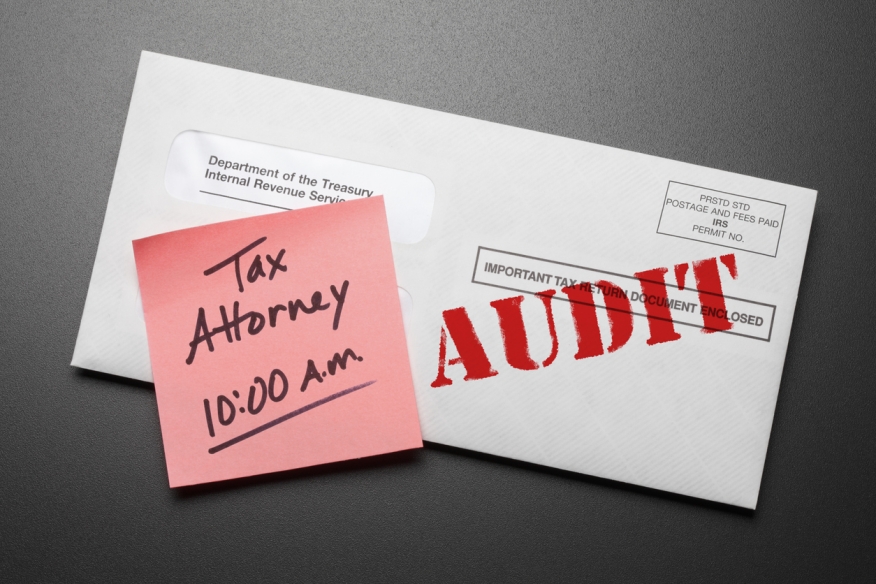If your business isn’t chosen at random and something in your return is flagged, this still doesn’t mean that your business is doing something wrong. What it does mean is that some part of your tax return was called into question and the IRS wants to see your business records to verify that your return is accurate. Audits of simple discrepancies are often conducted by mail. If the IRS has more serious questions, an agent may want to conduct an in-person interview.
If you filed your tax return correctly to the best of your knowledge, then an audit goes from being scary to just being an annoying inconvenience. Still, no one wants to get audited. Taking steps to make sure your tax returns aren’t flagged is the easiest way to make sure the IRS doesn’t come knocking at your door.
What are the red flags that can trigger an audit:
1. Reporting Less than Your Full Income
It can be tempting to keep side income and other small earnings out when tabulating your total income earned for the year. Saving a little now, however, can cost you much more later.
2. Math Mistakes
Making a mistake when calculating and reporting dollars on a return is a quick way to raise eyebrows. Double and triple-check your math before submitting your return.
3. Claiming Too Many Business Expenses
The IRS considers a business expense one that’s both ordinary and necessary to your business. The rules pertaining to business expense deductions changed significantly in 2018, so it’s a good idea to review the new rules to make sure you’re claiming no more than you should. Today, business expense deductions are one of the biggest red flags for the IRS.
4. Claiming Significant Charitable Contributions
If your business supports a 501(3)c charitable organization, you have every right to take a deduction on your donation. Where companies get into hot water is when they report false donations or don’t have the proper documentation to prove the contribution was made. Keeping receipts is a must here.
5. Home Office Deductions
This is a big one! It’s far too common for small business owners who work out of their homes to make large home office deductions without taking the right steps to qualify. And, the IRS knows it. To deduct home office expenses, you must have an area of your home used strictly for business purposes. Know the rules so you can avoid the headache of a home-based business audit.
6. Rounding
Dollar amounts that consistently end in zero and five will also be a red flag for the IRS. If your Schedule C or business expense reports all end in round numbers, the IRS is going to wonder why and likely ask you to verify each dollar amount. Reporting exact numbers is an easy way to not draw attention to your return.
Even if your business is doing everything right and you have the most thorough and accurate tax reporting, you can still get audited. While it’s not likely, be aware of what to do if your business does get targeted for an audit.












